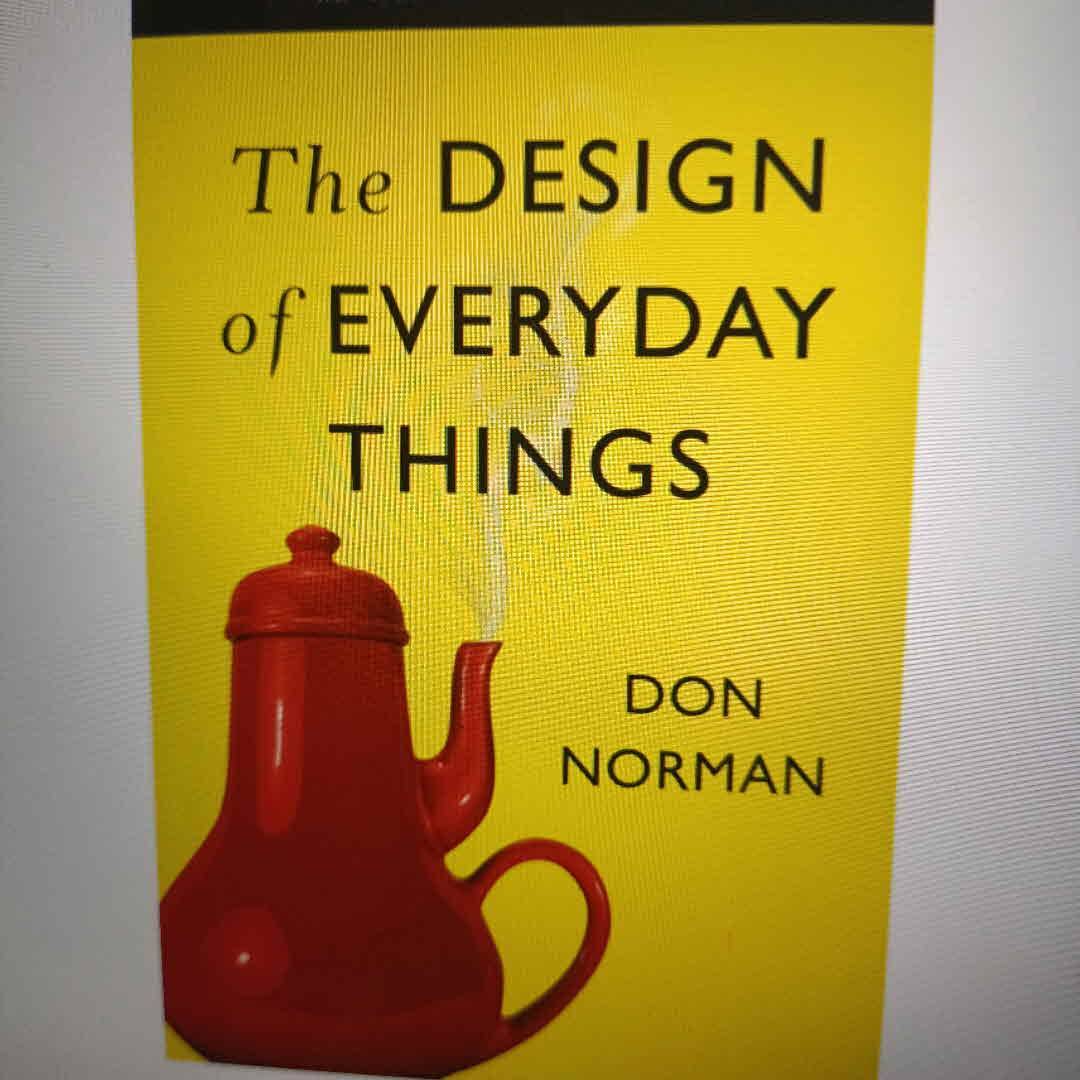
Started it in Jan 2023, Finished in Feb 2024 and in between read like 1800 pages and different novels. Overall it's a book that should be read by every architect, software engineer, tester, designer, ui ux specialist.

Started it in Jan 2023, Finished in Feb 2024 and in between read like 1800 pages and different novels. Overall it's a book that should be read by every architect, software engineer, tester, designer, ui ux specialist.
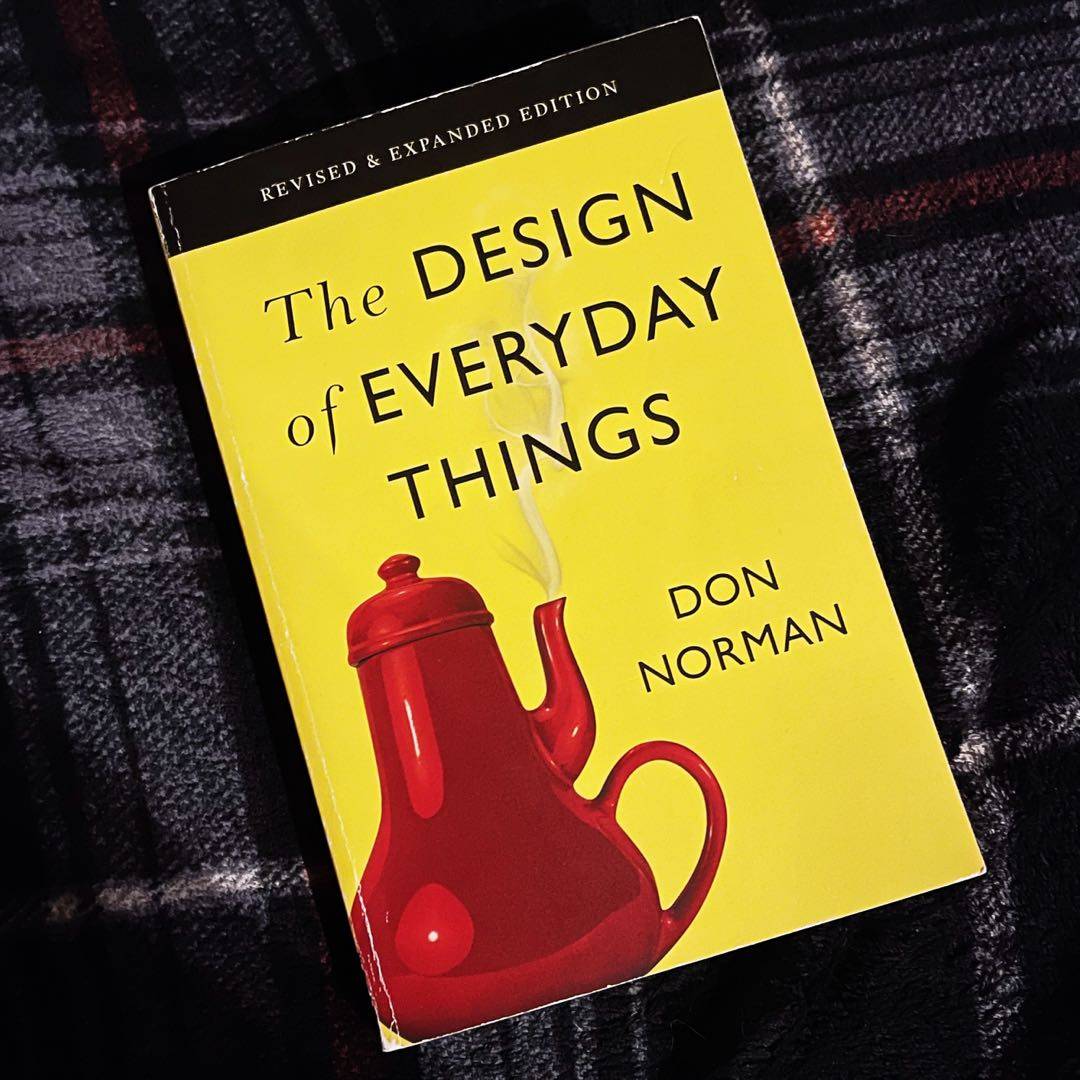
I‘m so glad to be done. It was a love/hate relationship. It took forever to finish. Some anecdotes were interesting, & quite a bit that were, honestly, rather dull. This could‘ve been condensed by a lot, it‘s kind of repetitive. However, there were some important points & I did learn a lot. This is ideal for designers, engineers, anyone dealing with the design/manufacturing of any kind of product. Otherwise, it might be a VERY dull read.
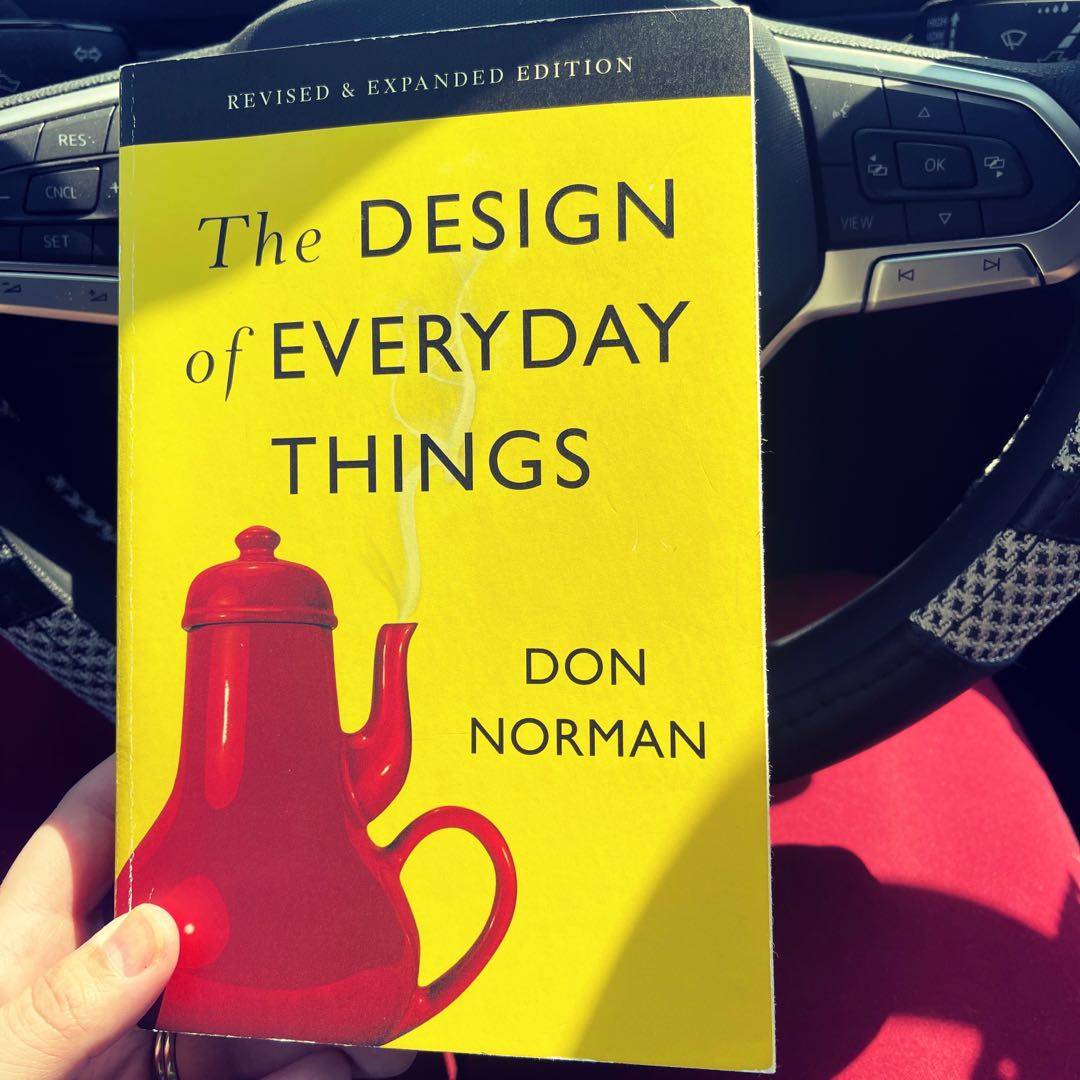
I DNFed this for a while, simply because my coursework was already jam packed with material on the topic of design, that I needed a break outside of that. I‘m back at it now, trying to finish this one before moving onto the newer design books in my TBR pile. It‘s a slow read but I‘ve committed to a chapter a day at least.
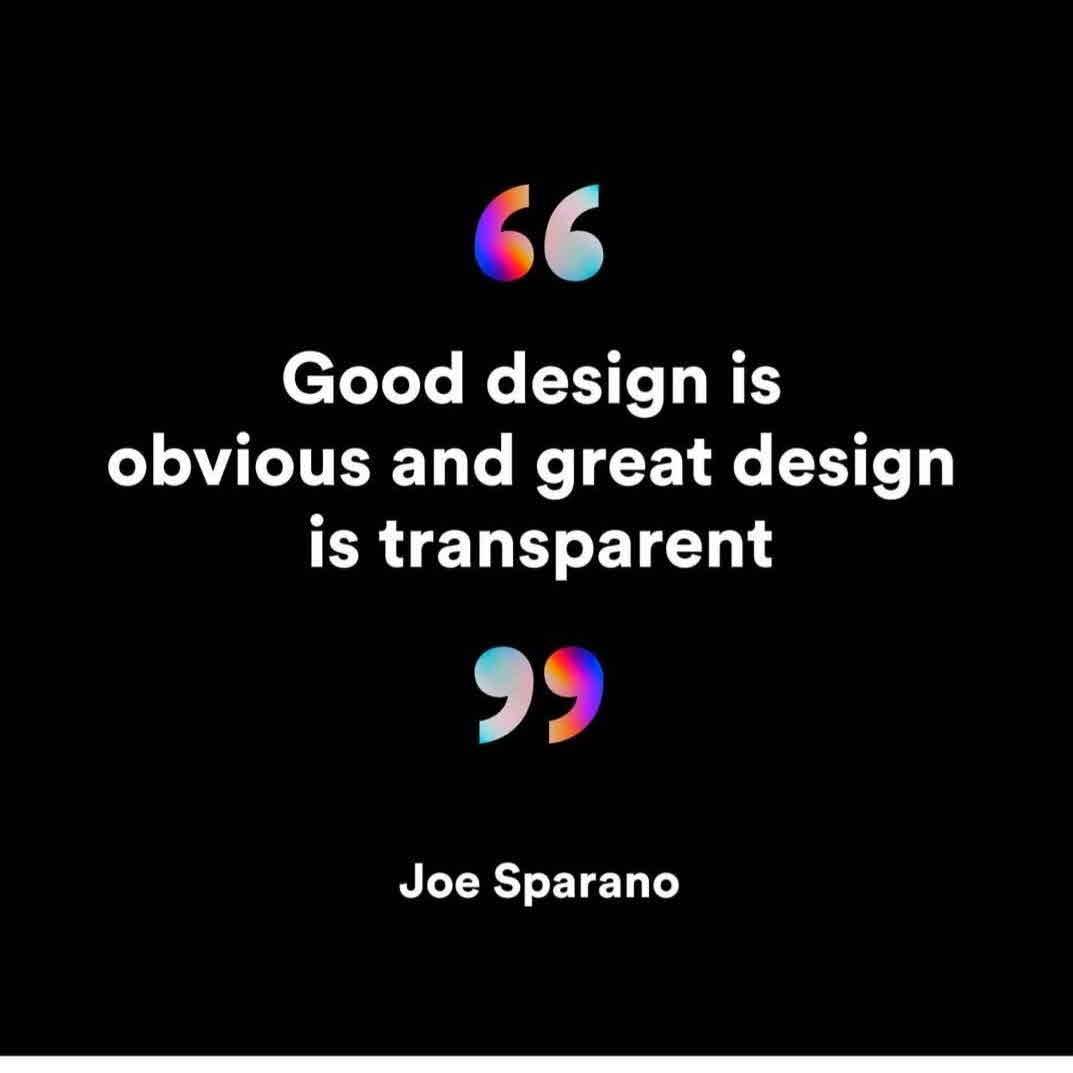
Hi there my lovely Littens! I'm an Architecture student in the second year of my course, any design or architecture students/architects/designers out here? Great to get to talk with you! Any book recommendations related to design or architecture?
“…the visceral response is about immediate perception… Great designers use their aesthetic sensibilities to drive these visceral responses. For designers, the most critical aspect of the behavioral level is that every action is associated with an expectation… resulting in satisfaction or relief, disappointment or frustration. The reflective level… is where deep understanding develops, where reasoning and conscious decision-making take place.”
“The brain is structured to act upon the world, and every action carries with it expectations, and these expectations drive emotions… Cognition attempts to make sense of the world: emotion assigns value.”
“Two of the most important characteristics of good design are discoverability and understanding.”
“Good design is actually a lot harder to notice than poor design, in part because good designs fit our needs so well that the design is invisible, serving us without drawing attention to itself. Bad design, on the other hand, screams out its inadequacies, making itself very noticeable.”
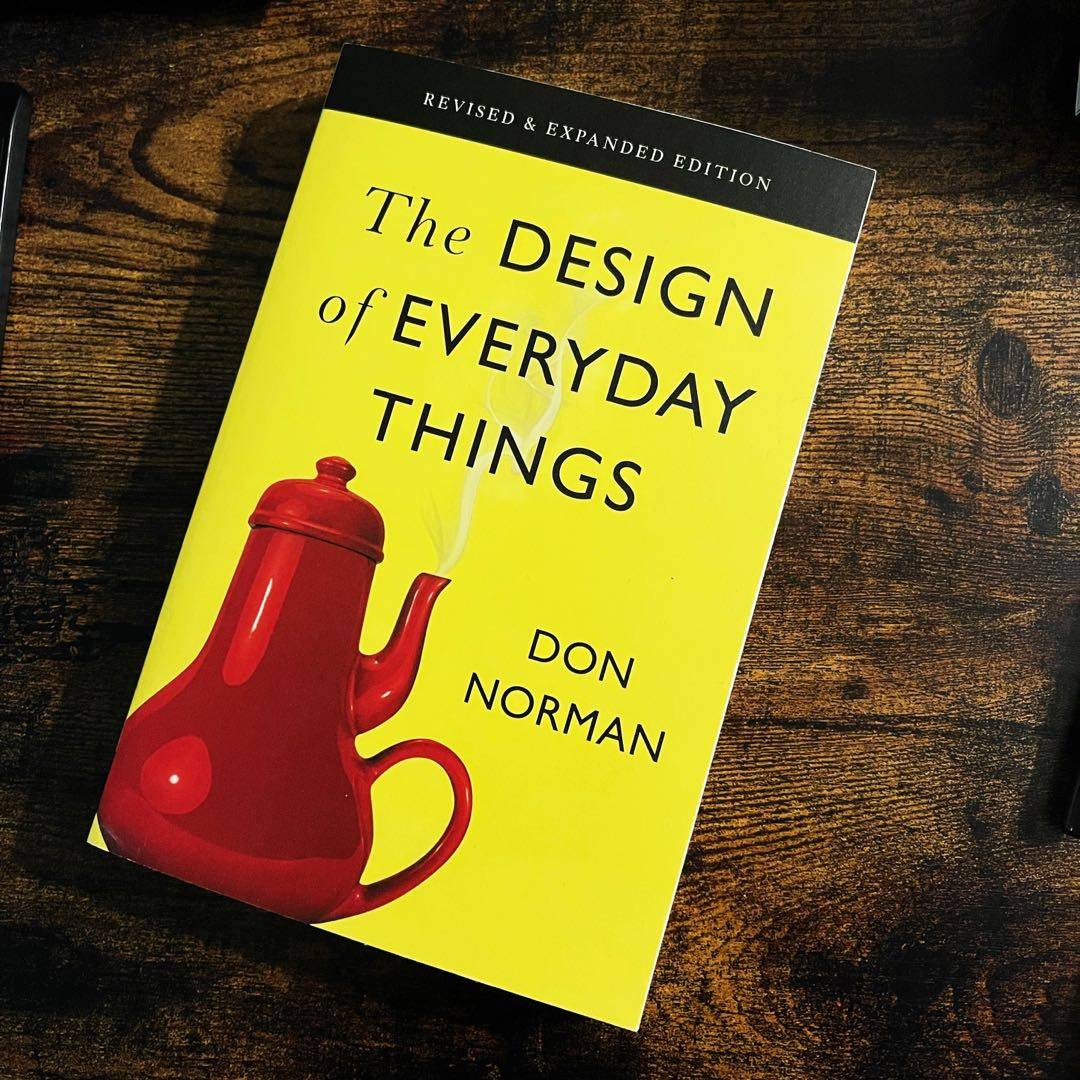
I believe I mentioned on here before that one of my goals this year is to read more design books (as I‘m studying Graphic Design). One of my instructors recommended this book during a lecture, and I just had to get it…
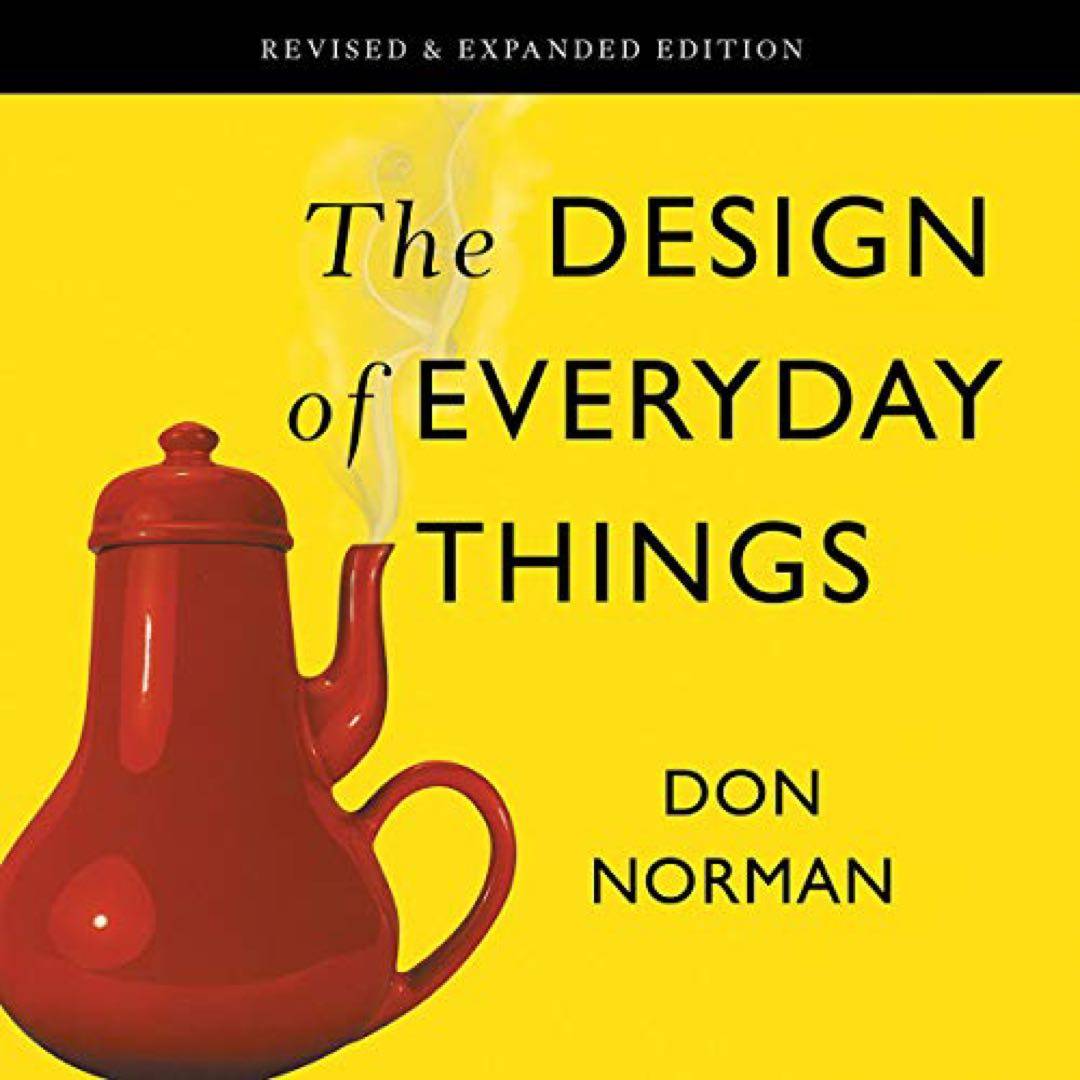
“Good design is actually a lot harder to notice than poor design, in part because good designs fit our needs so well that the design is invisible, serving us without drawing attention to itself. Bad design, on the other hand, screams out its inadequacies, making itself very noticeable.”
Absolutely fantastic. Anyone who plans to build something to be used by another human should read this. It gives good, useful views on error, the process of goal-directed action, and usability generally.
If a design depends upon labels, it may be faulty.
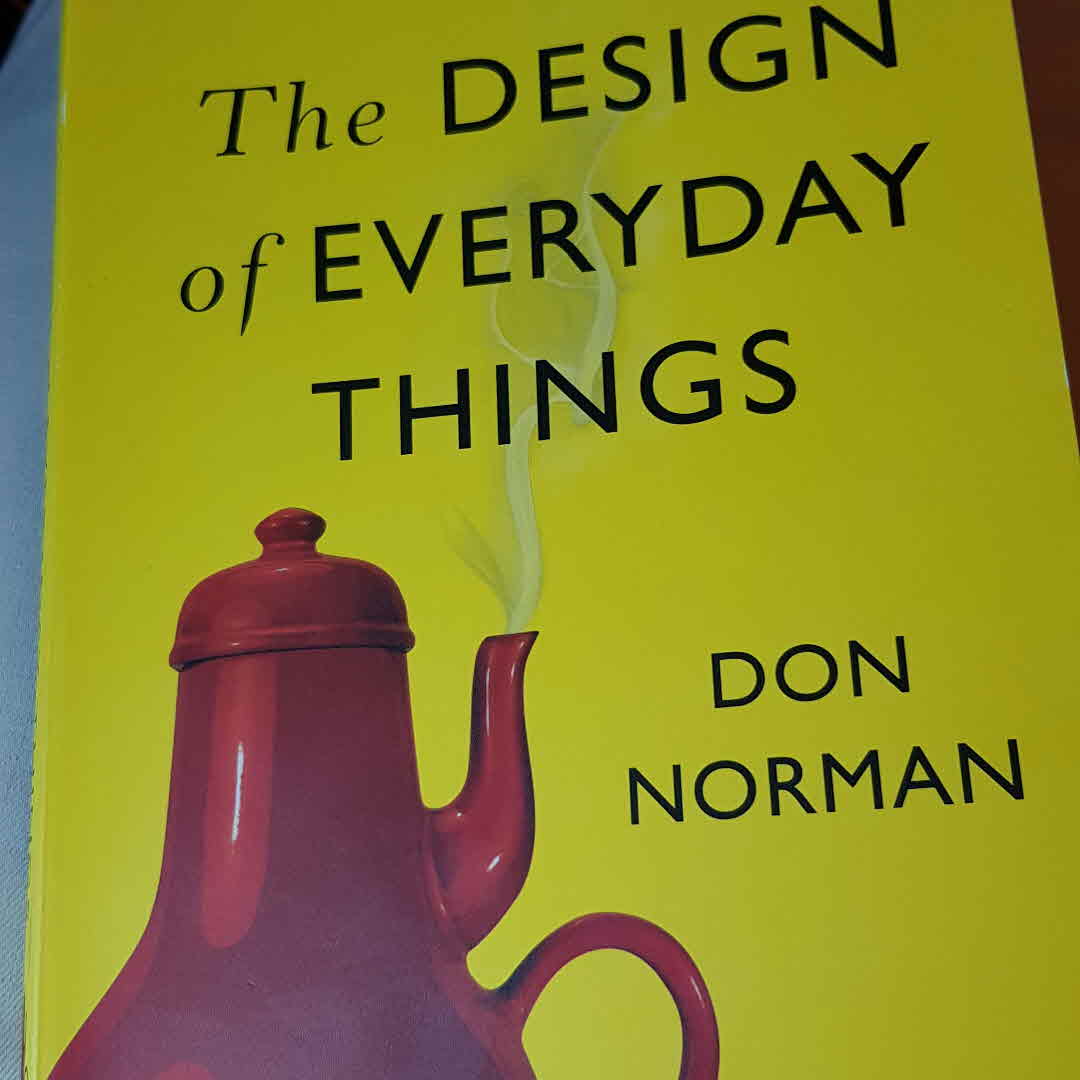
Travelling again. This is such a interesting book to read as a designer. It started with the explanation of the difference between designers and engineers. I found it very informative although I still feel like I have no idea how engineers think and get through life in general. 😂 I also like Norman's way of writing.
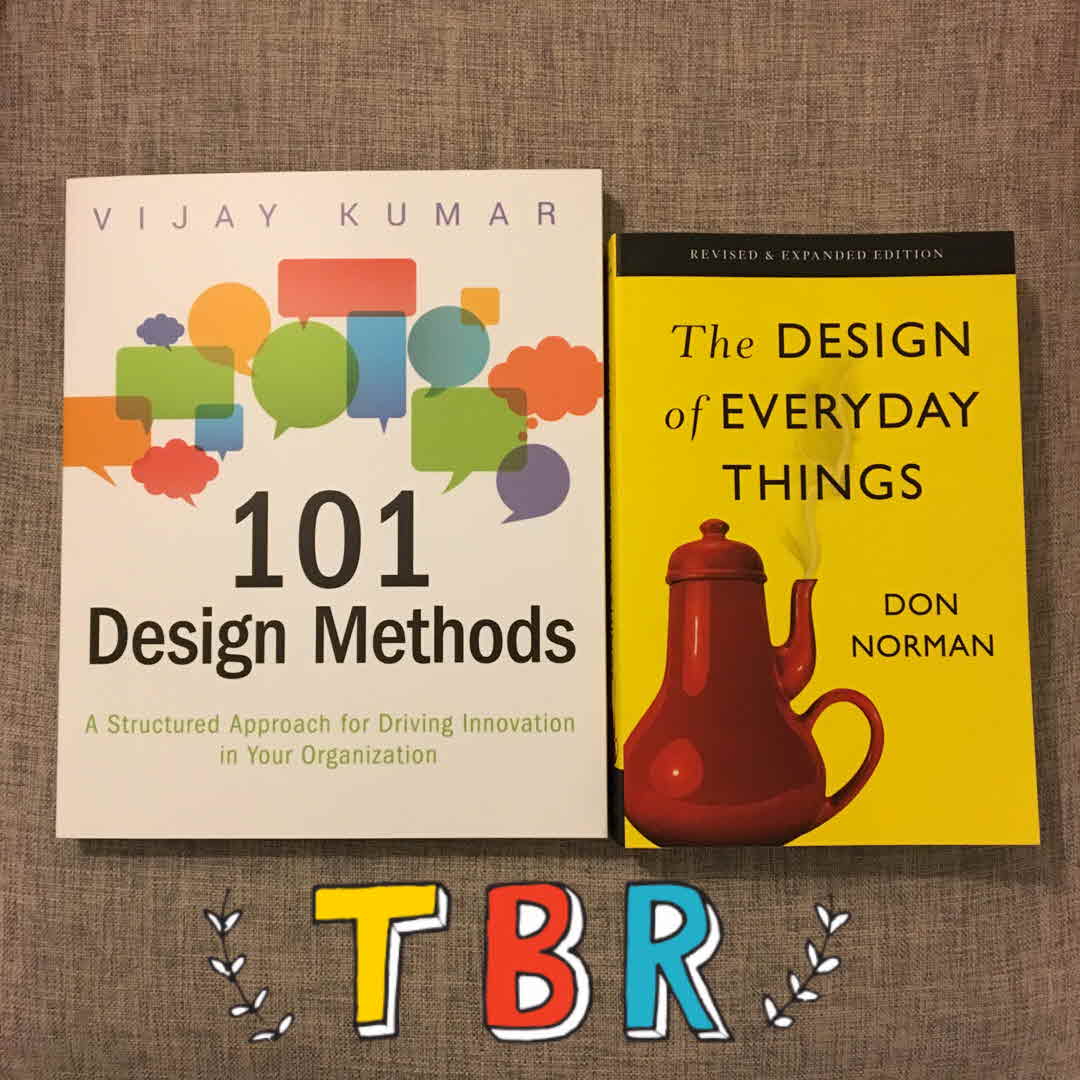
This semester's assigned reading.
Good design is actually a lot harder to notice than poor design, in part because good designs fit our needs so well that the design is invisible, serving us without drawing attention to itself. Bad design, on the other hand, screams out its inadequacies, making itself very noticeable.
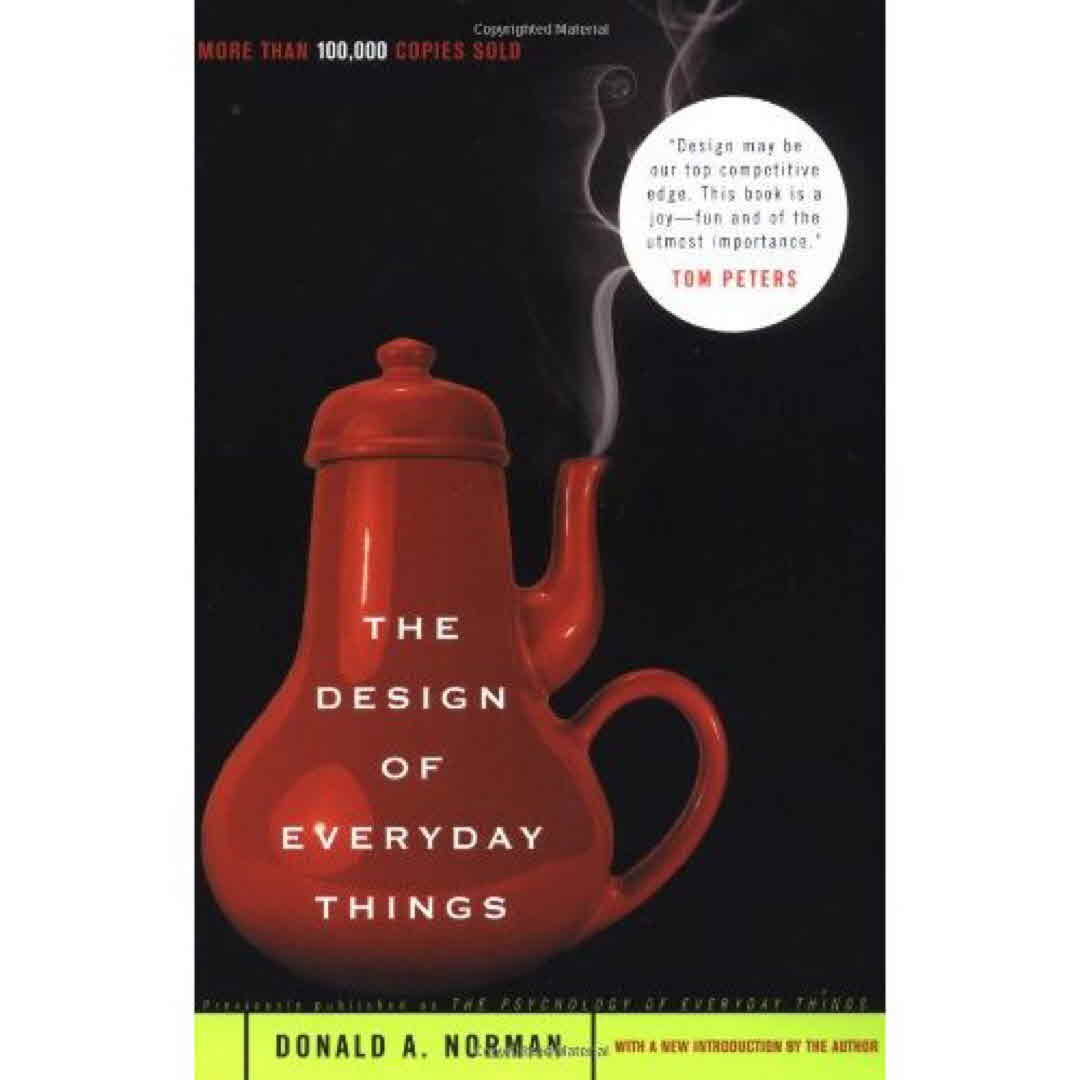
This is a paradigm-shifting book; in fact, it's single-handedly created a whole new field: design psychology! I think Steve Jobs & Jonny Ives may have read this, and then went on to make incredible Apple products from it. Seriously. You will see man-made products in a whole new light--one of those once-you-see-it-you-can't-unsee-it moments. And you'll want to become an engineer, lol. Mind-blowing! #PairWith: Miller High Life, bottles up, cold.
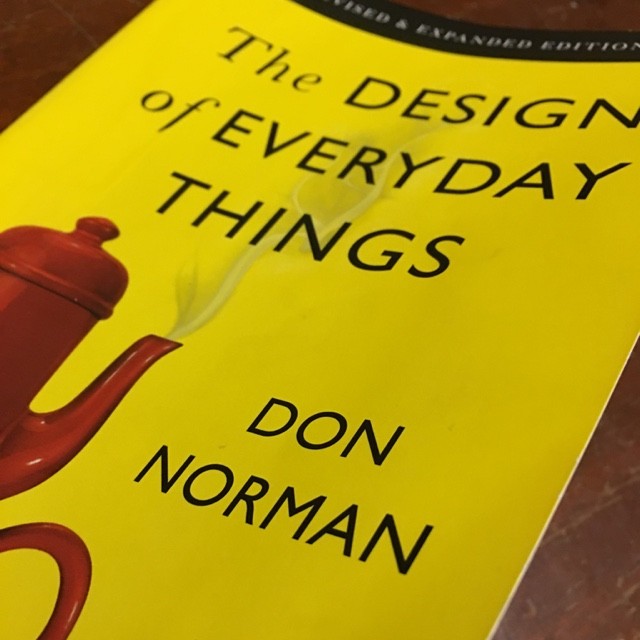
Current reading.